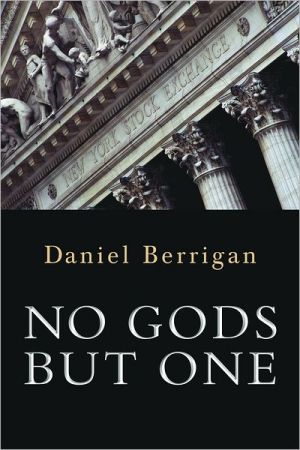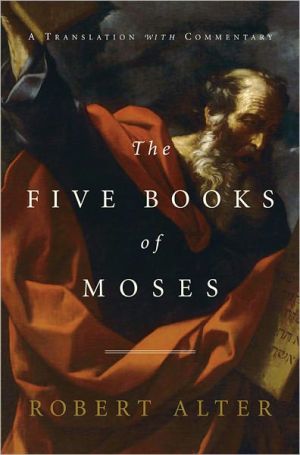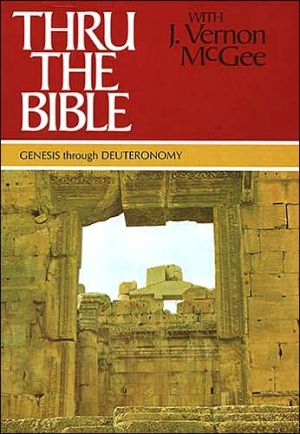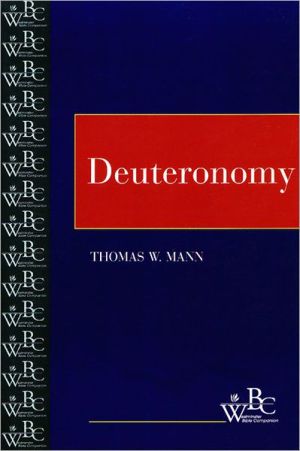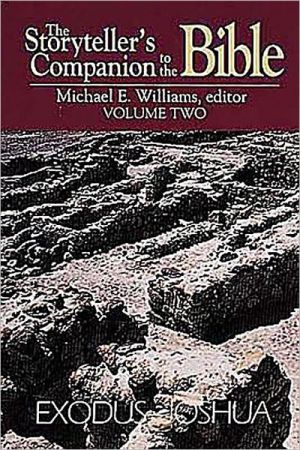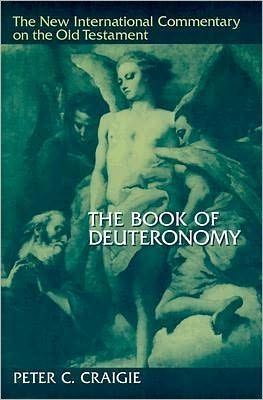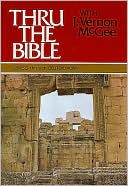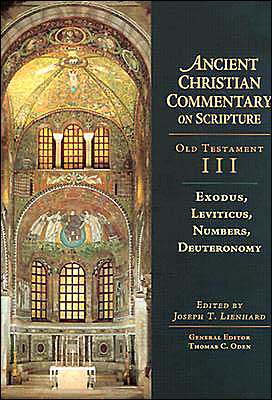No Gods But One
On the face of it, Deuteronomy seems to be a book filled with triumph — the pronouncement of the commandments, the end of the Israelites' long exile, the coming of the Promised Land. / But Daniel Berrigan here turns a searching eye toward this text and finds its darker side. Moses, the people's leader for forty years, is denied entrance to the land he dreamt about. The people desperately create a golden calf to worship even as God is giving Moses the two tablets. The Promised Land, full of...
Search in google:
On the face of it, Deuteronomy seems to be a book filled with triumph the pronouncement of the commandments, the end of the Israelites' long exile, the coming of the Promised Land. But Daniel Berrigan here turns a searching eye toward this text and finds its darker side. Moses, the people's leader for forty years, is denied entrance to the land he dreamt about. The people desperately create a golden calf to worship even as God is giving Moses the two tablets. The Promised Land, full of milk and honey, is also full of inhabitants gaining entrance means destroying or driving out a number of its people. Berrigan draws clear parallels between Deuteronomy's time of mingled triumph and broken law and our own moment in history, uncovering the stories within the story of this complex biblical book. With both great grace and incisive candor, he turns Deuteronomy inside out and makes us look at it and ourselves in a fresh light. Publishers Weekly Legendary peace activist Berrigan examines the Old Testament book of Deuteronomy through the lens of his personal abhorrence of war in this biblical commentary. Although Deuteronomy is largely the code of laws given to the Jewish people, Berrigan, a Catholic priest, finds something more—a prophetic justification for excoriating those who choose the “other god” of warfare. Employing poetry and free-flowing streams of prose, he weighs the choice Christians face between Deuteronomy’s story and the New Testament gospel. “An interminable debate ensues,” he writes. “Which deity to serve?” Too often, he concludes, the choice becomes the “god” of war, whether by secular leaders claiming to be Christian and blinded by the “idols” of defense, prosperity or national interests or by bishops who endorse the military actions initiated by political leaders. Berrigan observes that a “close connection between crime and consequence” runs through Deuteronomy, and he strongly suggests that by going along with the “culture of death” in the matter of war, Christians may see their religion rotting before their eyes. Thought-provoking reading will be of special interest to those sympathetic to Berrigan’s uncompromising political views. (Nov.)
Introduction: Is the Lost Past the Future Found? 1Part 1 Reminiscence and Counsel: Moses' First Discourse 71 The Recollection: Forty Seasons of Discontent (Chs. 1:6-3:29) 92 The Admonition: No Gods but One (Ch. 4:1-40) 27Part 2 Expounding Covenant and Law: Moses' Second Discourse 411 The Commandments: The Heart of the Covenant (Chs. 5:1-11:32) 432 The Book of the Law: One Nation, One Law, One Lord (Chs. 12:1-26:15) 853 The Covenant Proclaimed and Renewed (Chs. 27:1-29:1) 138Part 3 Calling Israel to Covenant Faithfulness: Moses' Third Discourse (Chs. 29:2-30:20) 153Part 4 The Last Days of Moses: Song of Tragedy, Song of Triumph (Chs. 31-34) 171
\ Publishers WeeklyLegendary peace activist Berrigan examines the Old Testament book of Deuteronomy through the lens of his personal abhorrence of war in this biblical commentary. Although Deuteronomy is largely the code of laws given to the Jewish people, Berrigan, a Catholic priest, finds something more—a prophetic justification for excoriating those who choose the “other god” of warfare. Employing poetry and free-flowing streams of prose, he weighs the choice Christians face between Deuteronomy’s story and the New Testament gospel. “An interminable debate ensues,” he writes. “Which deity to serve?” Too often, he concludes, the choice becomes the “god” of war, whether by secular leaders claiming to be Christian and blinded by the “idols” of defense, prosperity or national interests or by bishops who endorse the military actions initiated by political leaders. Berrigan observes that a “close connection between crime and consequence” runs through Deuteronomy, and he strongly suggests that by going along with the “culture of death” in the matter of war, Christians may see their religion rotting before their eyes. Thought-provoking reading will be of special interest to those sympathetic to Berrigan’s uncompromising political views. (Nov.)\ \
